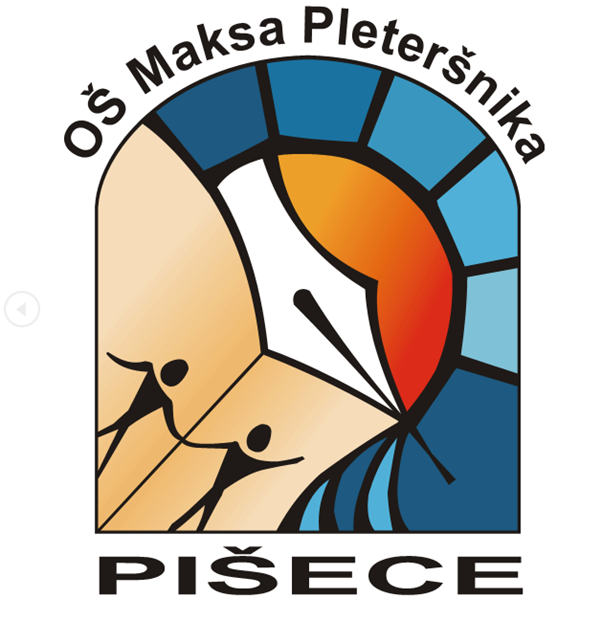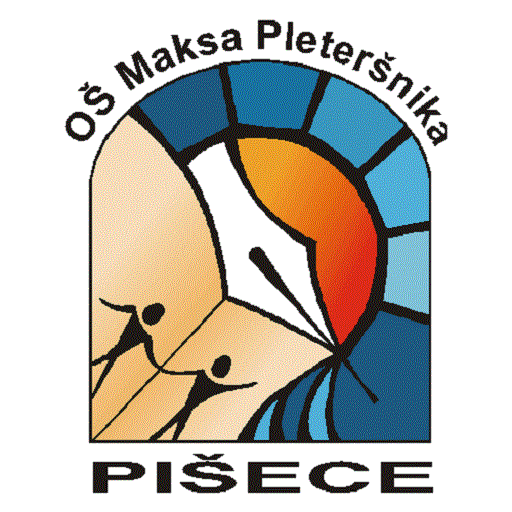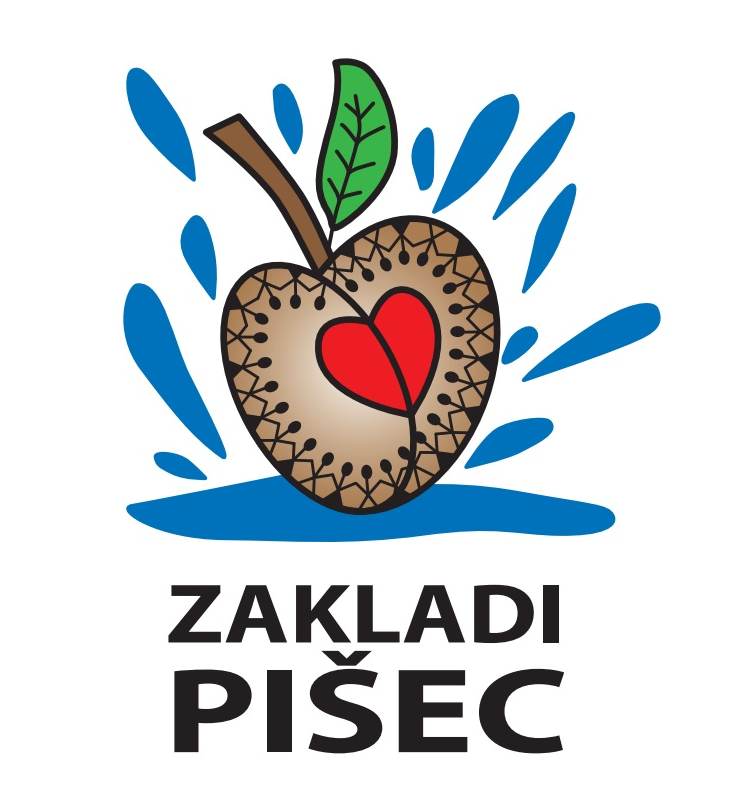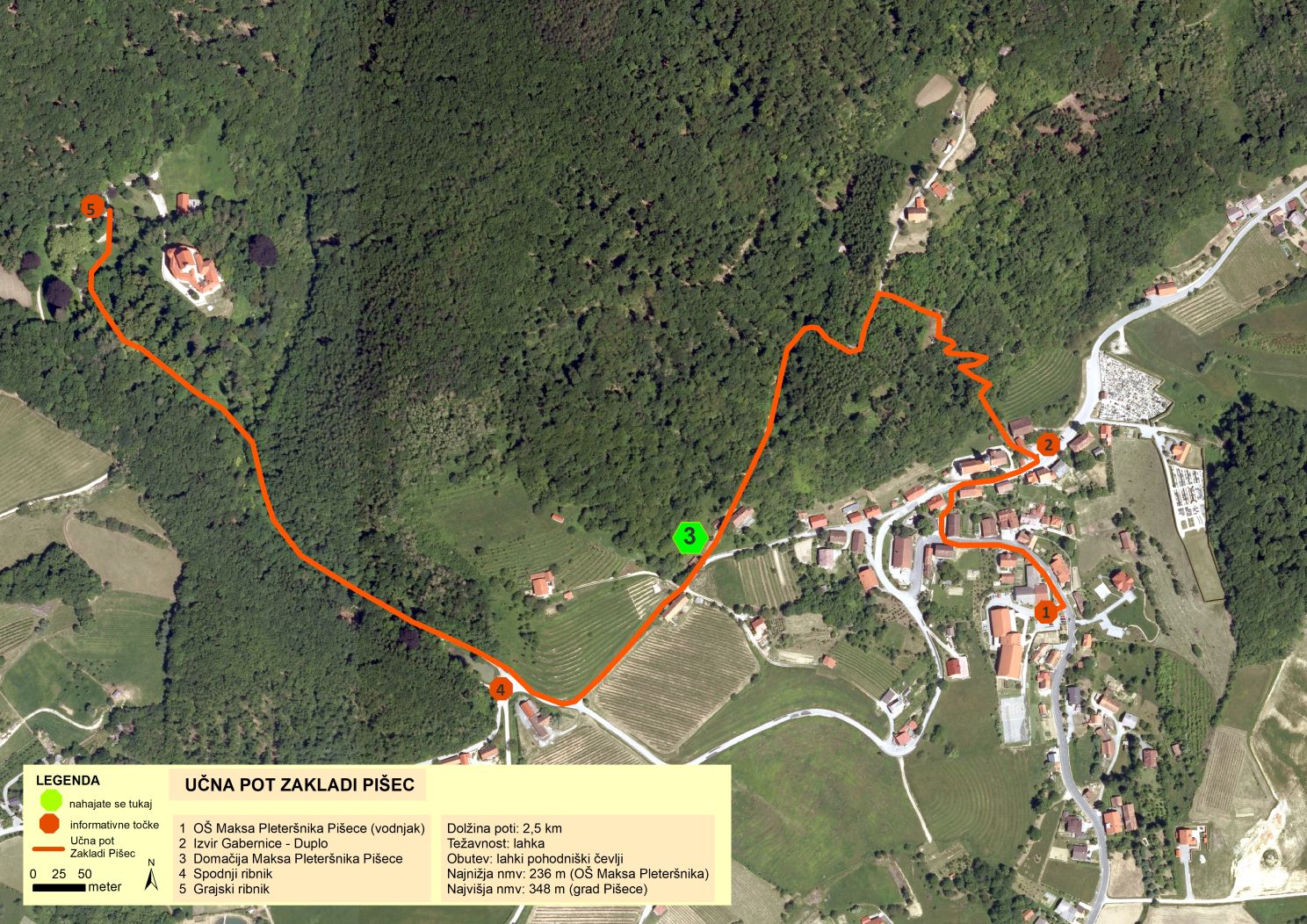IN FRONT OF THE PLETERŠNIK’S HOMESTEAD
He gave the nation its treasure, discovered the richness of the Slovenian language. (note on the commemorative plaque of Maks Pleteršnik)
IN FRONT OF THE PLETERŠNIK’S HOMESTEAD
If you followed the hint of the Knight of Pišece, the path led you along a forest path to a point from where you have a very nice view of the sunlit Pišece. In the colder part of the year, it often happens that we are warmed by warm rays up here, whereas mists lie below us. This phenomenon is called inversion. Sometimes, however, a cold gust of wind blows from the top of Orlica, which pleasantly refreshes us and which may have given this place its name.
This landscape is characterized by many hills planted with fruit trees and vines. Albert Moscon (1782–1822), one of the owners of Pišece Castle, played an important role in the development of fruit growing and viticulture here. As an expert in fruit trees he founded an educational institute for fruit growing and horticulture in Graz. When he inherited the castle in 1820, he moved his business to Pišece for a short time. He had various varieties of vines and fruit trees planted on the property. In the castle premises, he organized classes of grafting and pruning, thereby laying the foundations of a fruit and horticulture school on our soil. The tradition of fruit growing and viticulture is cultivated by the locals even today. They are especially proud of the Pišece apricot. In addition to apricots, the orchards are full of apple, pear, plum, medlar and sorb trees.
The famous Slovenian and native Maks Pleteršnik (1840–1923), a linguist, teacher and translator by profession, certainly enjoyed this view and the mysterious mists below him. He went down in the history of the Slovenian nation as a dictionary writer, who took the credit for the publication of the Slovenian-German dictionary (1894, 1895), the first such extensive list of words in our country. We are standing in front of the homestead where he spent his childhood and time after retirement, and today it has been converted into a museum, where you can view a memorial collection of his personal items and books. If we look a little higher, we can also see the vineyard cottage where he often went to work in peace.
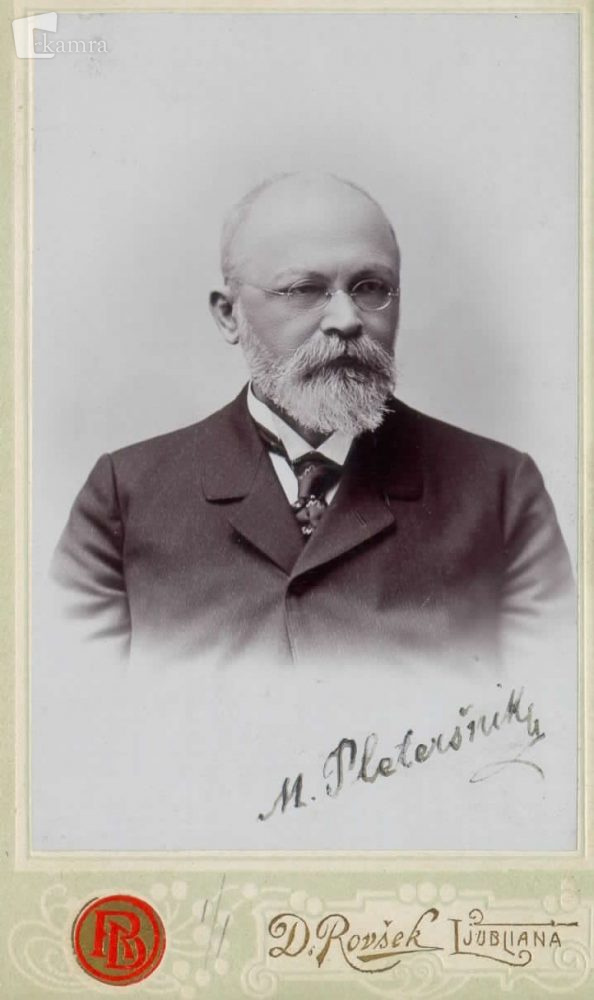
Maks Pleteršnik
DO YOU KNOW?
– Next to the Pleteršnik’s homestead, on the way to the castle, there was a kind of greenhouse in a now-abandoned building – this is a covered and usually heated place for growing plants.
– Maks Pleteršnik was born on the same day as France Prešeren, i.e. December 3, 1840, only 40 years later. More interesting facts about the life and work of Maks Pleteršnik can be read in Rudi Mlinar’s biographical novel Maks Pleteršnik – a week with a dictionary writer.
– Pleteršnik’s father was, among other things, a beekeeper, and there was a beehive next to the homestead, just like today.

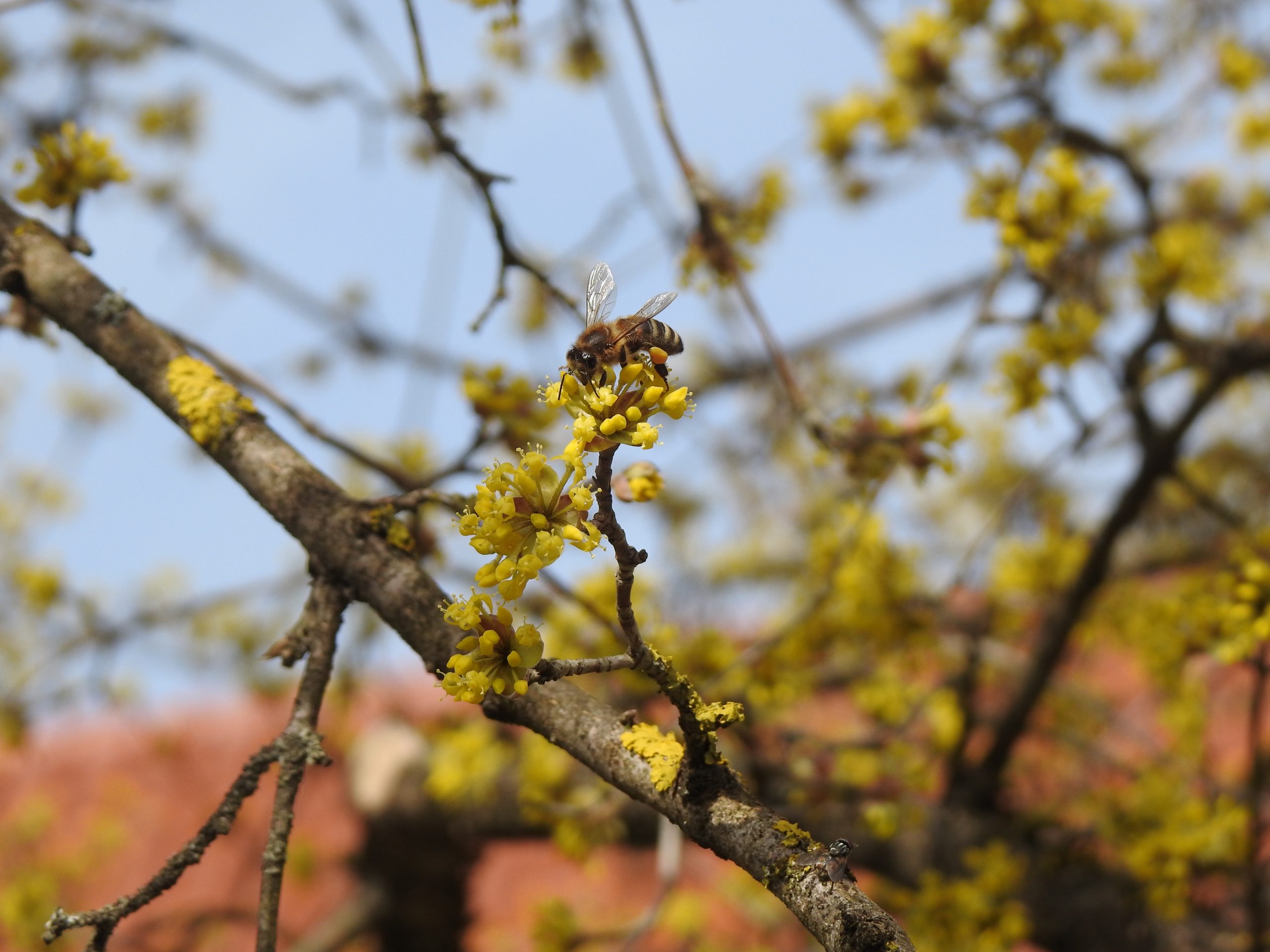

CHALLENGE!
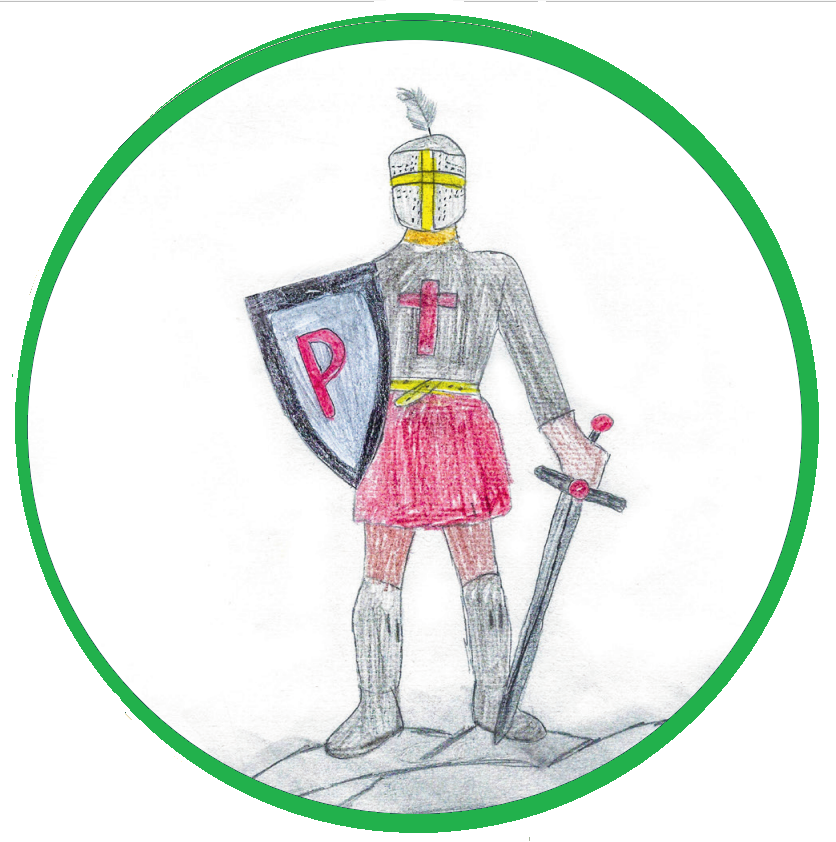
Look in the dictionary for the translation of the words you made up at the first stop. If you want to learn more about Pleteršnik and his dictionary, you can see the exhibition at his homestead. After completing the challenge, the Knight of Pišece invites you to observe the varied natural environment, once a pond, now a swamp.
